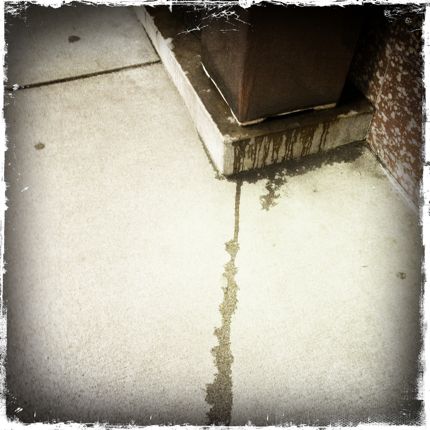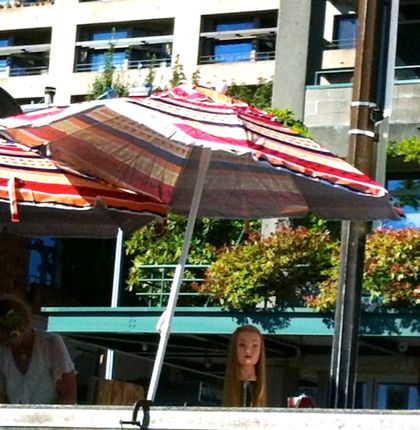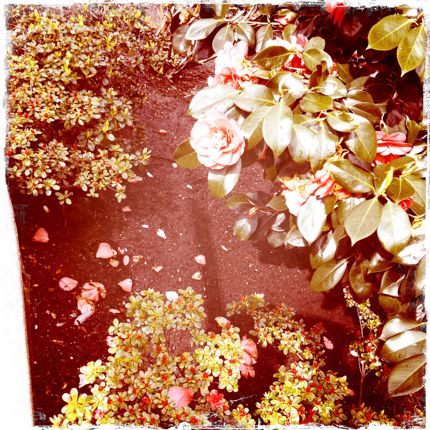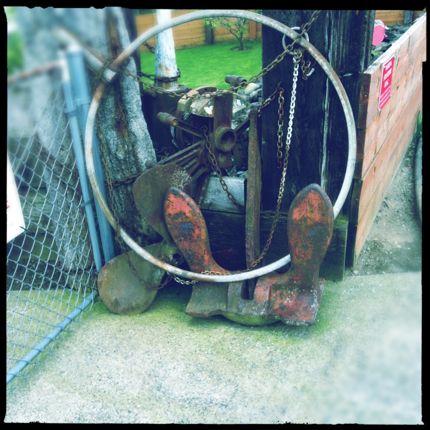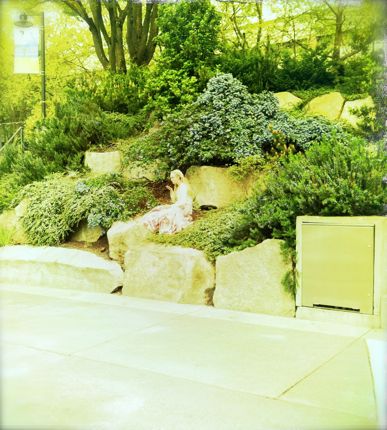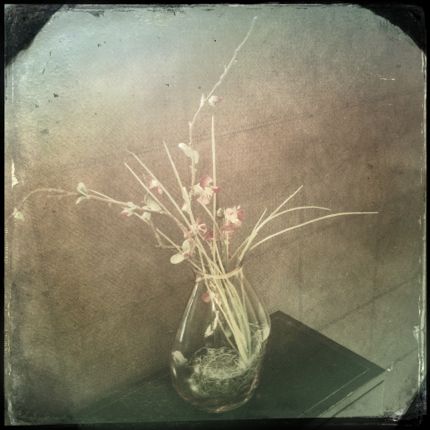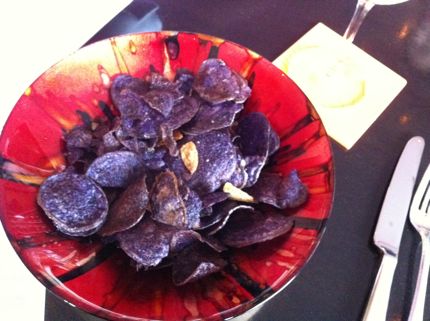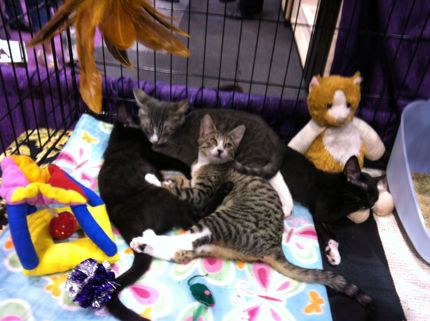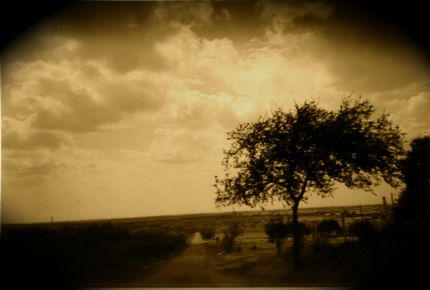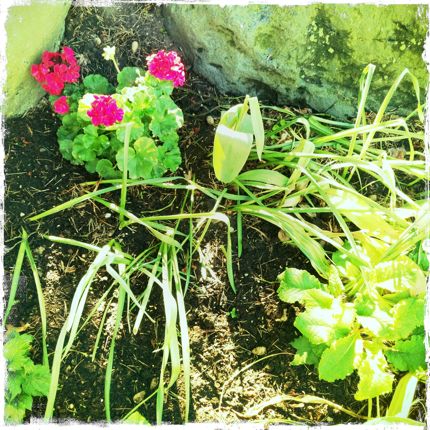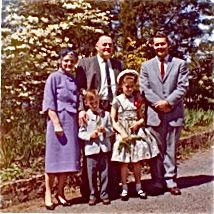Here’s another inspiring article from our monthly guest columnist, John Paul Carter, as originally published in his twice-a-month column, “Notes From the Journey,” in the Weatherford (Texas) Democrat.
One afternoon last year when we were in North Carolina visiting our friends Ann and Robert, we toured the Billy Graham Museum in Charlotte. The impressive exhibits not only chronicled the life and achievements of the world famous evangelist but also the lives of the other members of his team.
In an audio interview, Cliff Barrows, Graham’s dynamic music leader, told of a time early in his career when his dad took him aside and said: “Son, you did pretty well, tonight. But let me give you a little tip. You’ll never get people to sing better by telling them they didn’t do too good. Tell them they did well, but you think they can do better.”
“Ever since that conversation,” Barrows reflected, “I’ve always tried to encourage people.” The inspiring music of the volunteer crusade choirs was due in part to Cliff Barrow’s encouragement.
It reminds me of a time, several years ago, when the roles were reversed and I learned a similar lesson about encouragement from my son. My dog Gus was still alive and Rush was staying with us between jobs. Although house-trained, Gus had made a mess in the house and I was angry and yelling at him. Rush stepped between me and my cowering pup.
Speaking just loud enough to get my attention, he said, “Stop it, Dad! Don’t you know that Gus wants to please you more than anything else in the world?” He took the dog outside and I sheepishly cleaned the rug.
Later that day, as I reflected on the experience, I realized that my now grown son, whether he realized it or not, was not only talking about Gus but also about children. It was a lesson about the human need for more encouragement and less criticism. I wish I’d learned that much earlier in my children’s lives. But hopefully, old dogs can still learn new tricks!
Centuries before the birth of Christ in Bethlehem, Isaiah prophesied that the coming Messiah “would not break the bruised reed or quench the dimly burning wick.” In other words, he would come with encouragement for those who were down and almost out. Jesus of Nazareth did not disappoint.
One who caught this Spirit of Jesus was a man named Joseph, one of the first members of the early church. Acts says that the apostles gave him a new name, “Barnabus,” which meant, “son of encouragement.” He was Paul’s traveling companion and encourager on his early missionary journeys. But when Paul became disenchanted with young John Mark, Barnabus took Mark under his wing and he and Paul went their separate ways. Think of what our New Testament might have looked like, had it not been for Barnabus’ encouragement of Mark!
It’s been my experience that most of us are doing close to the best we know how. While we need help in lots of ways, one of the things we need most is encouragement and hope.




